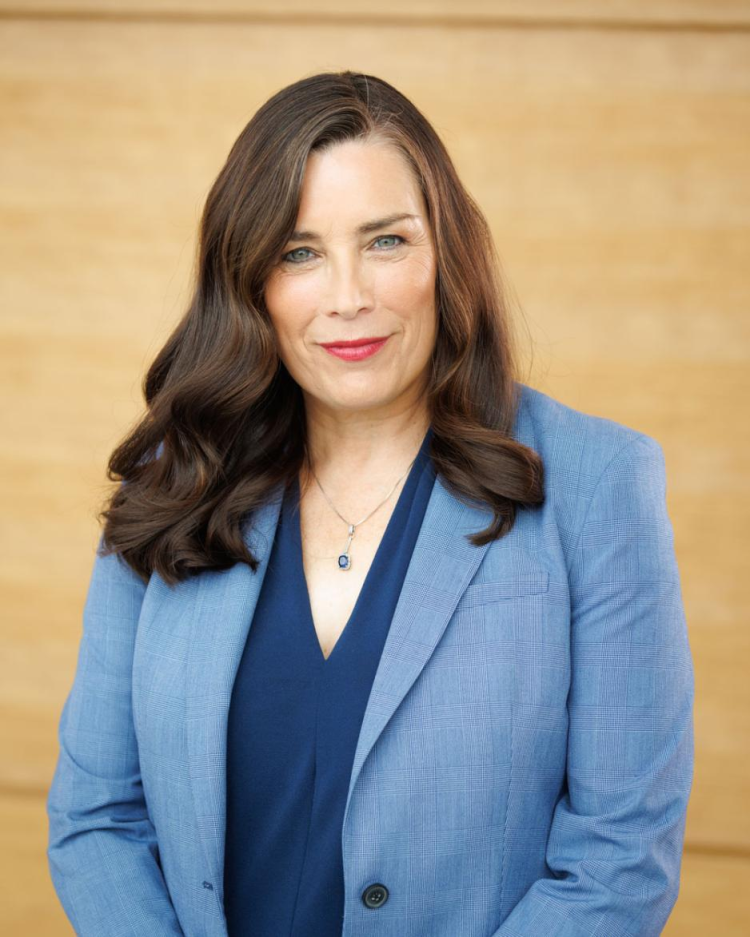
De Courcy (pictured) participated in a panel discussion with other post-secondary education leaders and analysts to answer a key question: Is higher education still worth it?
While universities and colleges like George Brown College (GBC) offer rewarding educational experiences, De Courcy emphasized the value of a college education for students with a clear idea of the career path they want to pursue. For them, college provides practical and real-world experience and opportunities to build professional networks. A college education prepares "job-ready" candidates who are ready to "practice as soon as they graduate," she said.
De Courcy also highlighted the evolution of college education from a generation ago with a focus on lifelong learning and upskilling. George Brown College offers pathways for students at any stage of the post-secondary journey, from certificates and diplomas to applied degrees and postgraduate certificates (and soon, applied master's degrees).
Will higher education get me a job?
The panellists also discussed whether higher education delivers employment results for students will it get them the career they want when they graduate?
De Courcy highlighted the ways that colleges and polytechnics are well-positioned to help students get a foot in the job market.
"Our programs are based on learning by doing, skill development, behavioural change really looking at what the industry needs," she said.
"Every single one of our programs has what is called a program advisory committee that is made up of industry professionals who not only guide the curriculum and inform the program on entry to practice skills but they also speak to the competencies that are in demand."
These partnerships also provide real-world learning opportunities called work-integrated learning (co-ops, clinical or field placements, capstone projects, and more). Students develop networking skills and build their professional networks by working alongside and collaborating with industry professionals in their programs.
College prepares grads to manage tech shifts
Amid the rise of informal, non-postsecondary online learning and digital credentials, De Courcy underscored the value of higher education. She pointed out that while many industries now hire graduates with online courses or certificates, the immersive experience and skill-building colleges offer cannot be easily replicated in a virtual environment.
"We are at a really critical time in our history when we think about the inflection point and use of artificial intelligence and we think about quantum computing and how fast we will be able to think about solving the world's problems... Who are the people who are going to be able to do that problem-solving for us? Who are the people who are going to be able to think about quantum computing and the applications in the financial sector, in the health sector, etc.," she said. "There is absolutely a need right now for individuals to go on for a college education and university."











